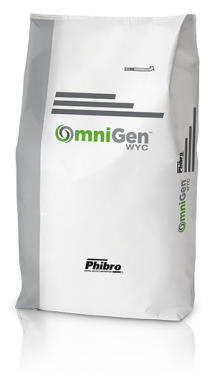Help Safeguard Dairy Cows from Hemorrhagic Bowel Syndrome
Q&A WITH JIM CHAPMAN, PH.D., SENIOR RESEARCH LEADER, PHIBRO ANIMAL HEALTH CORPORATION
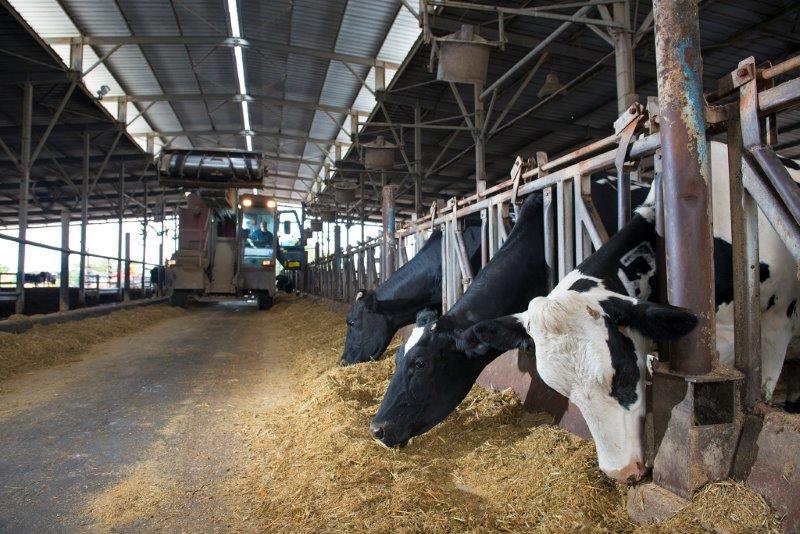
Hemorrhagic bowel syndrome (HBS) may not be a common issue — but it is a deadly one. Dr. Jim Chapman, Ph.D., Senior Research Leader, Collaborative Research for Phibro Animal Health Corporation, answers common questions about HBS and shares tips to help producers safeguard their herds.
Q: HBS was first identified in the U.S. in the 1990s. What do you know now about HBS that wasn’t known back then?
A: The initial thought was that HBS was caused by Clostridium perfringens type A and the toxins it produced, which caused irritation of the gastrointestinal lining and, in turn, caused bleeding. But since then, many scientists have concluded that the Clostridium component might be part of a secondary response to the bleeding, meaning that the hemorrhage is initiated by another agent. The theory now is that the primary agent may be an invasive pathogenic mold, Aspergillus fumigatus (AF), which is known to become systemic and cause intestinal hemorrhages and respiratory issues in animals.
Q: What takeaways have dairy researchers gleaned from looking at how HBS affects humans?
A: In healthy humans, the immune system is the primary way infectious agents are neutralized and removed from the body. This can become an issue for individuals undergoing immunosuppressive therapies, which allow the mold to become opportunistic and invade tissues. By maintaining a healthy and functional immune system, humans and animals are able to more effectively identify and clear the mold from the body.
Q: How might OmniGen® help producers to protect their dairy herds from HBS?
A: OmniGen nutritional specialty product is an immunomodulatory feed additive designed to help maintain normal immune system function during periods of stress. Improved immune systems can more effectively respond to many types of invasive pathogens, including mold. HBS commonly affects cows in early lactation, so our general recommendation is to feed 2 ounces per day (56 g) of OmniGen beginning at dry-off and continuing through the first 60 to 90 days in milk.
Q: What management practices should producers consider to better protect their cows against HBS?
A: Cow comfort is important. Since Aspergillus fumigatus is commonly found in the feeds cows consume, stressful events that can compromise immune function create opportunities for the mold to become invasive and infective. Therefore, it is important to minimize the effect of stressors on cows by improving cow comfort and management practices. In addition, paying close attention to silage and feed management will help reduce the risk of mold becoming a problem for their dairy cows.
Q: Are there any ways to predict which cows in a dairy herd are most likely to develop HBS?
A: Occurrence of HBS is sporadic, and very difficult to predict when it may occur. There are reports where a producer has had one or two cases in a short span of time and then no cases again for a year or two. It is unclear what makes one cow more susceptible to become an HBS case than her herd mates that are consuming the same feed with the same level of mold present. It appears that there has to be a certain combination of things, or events, to align for that one cow to develop HBS when other cows in the herd don’t. It’s the ‘perfect storm’ so to speak, a stressful event or series of events, resulting in compromised immunity, while the cow is consuming the mold which allows it to become invasive and that one cow becomes an HBS case. Feeding OmniGen has been shown to ameliorate the effects of stress on the immune system, which along with good feeding and management practices, may help keep a cow that is more susceptible than her herd mates from developing HBS
Q: How can producers confirm that a cow was affected by HBS and not another intestinal syndrome or disease?
A: Necropsy is the best and most conclusive method to diagnosis HBS. However, since Aspergillus fumigatus is a suspected primary agent that can initiate HBS, detection in feeds and blood of cows is a good starting point to determine level of exposure and potential risk of cows for developing HBS. Analytical methods are available, specific for AF, to detect levels in both feeds and the blood of cattle. Phibro sales representatives can help producers collect and submit feed and blood samples to look for the presence of mold to help determine the herd’s exposure level.
OG310722GLB ©2022 Phibro Animal Health Corporation. Phibro, Phibro logo design, Healthy Animals. Healthy Food. Healthy World. and OmniGen are trademarks owned by or licensed to Phibro Animal Health Corporation or its affiliates.
Dairy Cattle Products
How Feeding OmniGen® Can Bolster Your Dairy Cattle’s Immune System to Better Defend Against Challenges.





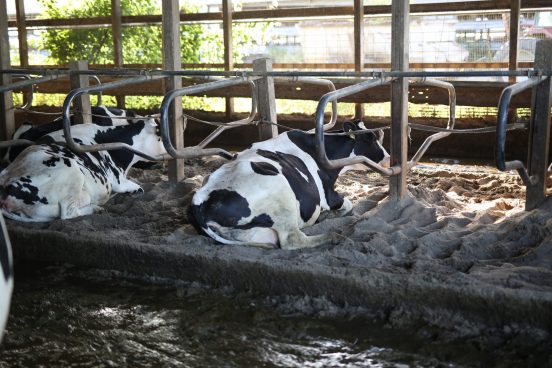
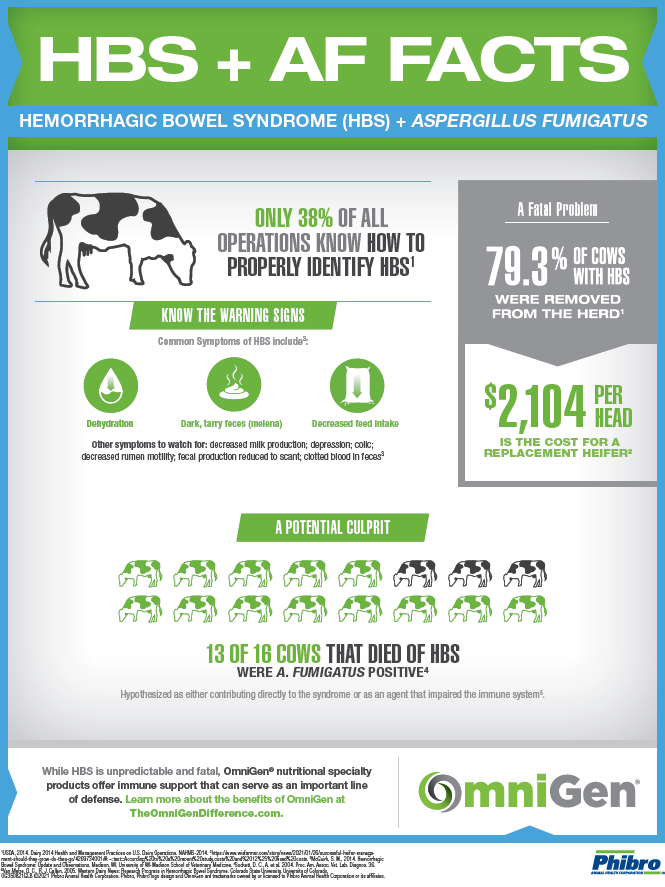
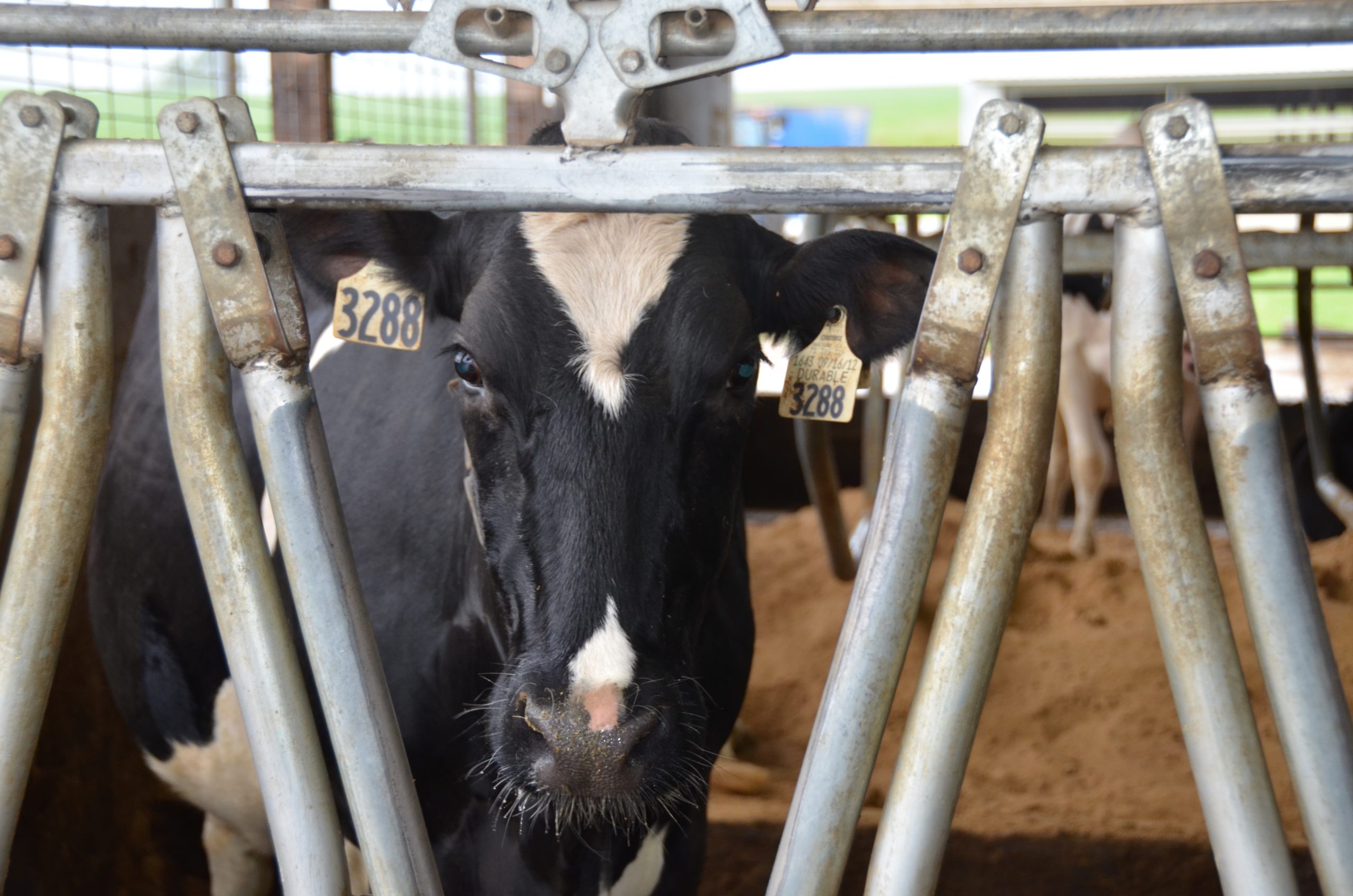
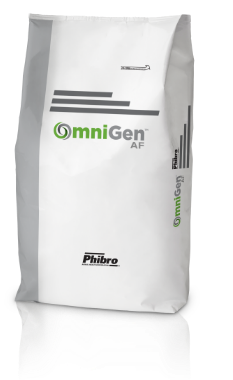
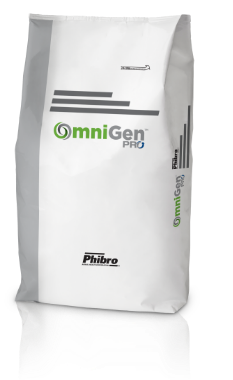
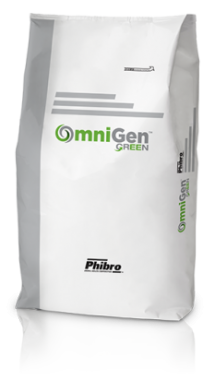
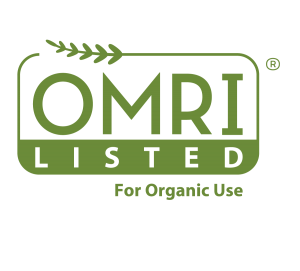 OmniGen Green is Organic Material Review Institute (OMRI) listed.
OmniGen Green is Organic Material Review Institute (OMRI) listed.